Startup Atolla harnesses AI to make personalised skincare products
Data meets dermatology at Brooklyn-based skincare startup Atolla, launched by an MIT engineer who has applied machine-learning algorithms to fix problem skin.
The Atolla Skin Health System works by giving users testing kits to measure the exact characteristics of their skin — specifically, its hydration, oil, pH and absorption.
It then sends them a face serum calibrated precisely to their skin's needs, with the formula updated monthly.
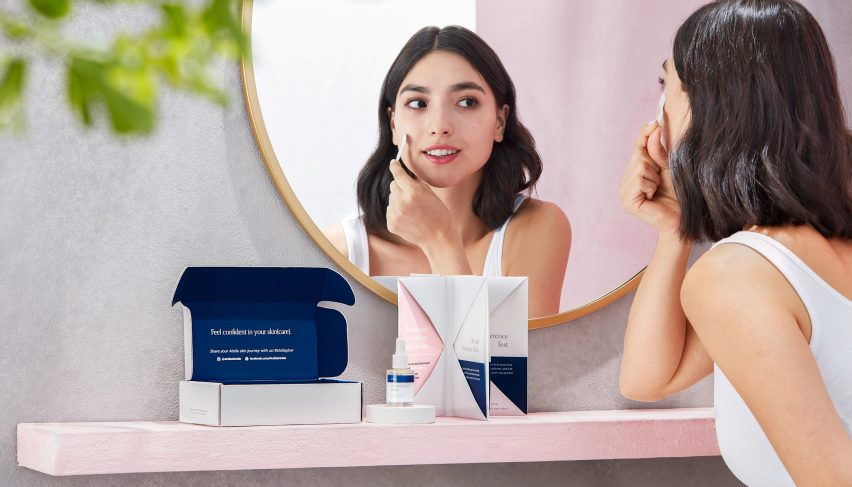
Atolla's co-founder Meghan Maupin — who has previously worked on an AI-powered personal assistant and products for mass customisation in 3D printing — was at the Massachusetts Institute of Technology when she decided to see if she could use her software expertise to improve her skin.
"I have super sensitive skin, and when I got to MIT, I found myself dealing with a whole new set of skin issues," said Maupin. "I couldn't understand what was causing my skin freakouts or how to solve them."
"Challenged to figure it out, I realised that I was at the best place in the world to solve this complicated problem with machine learning."
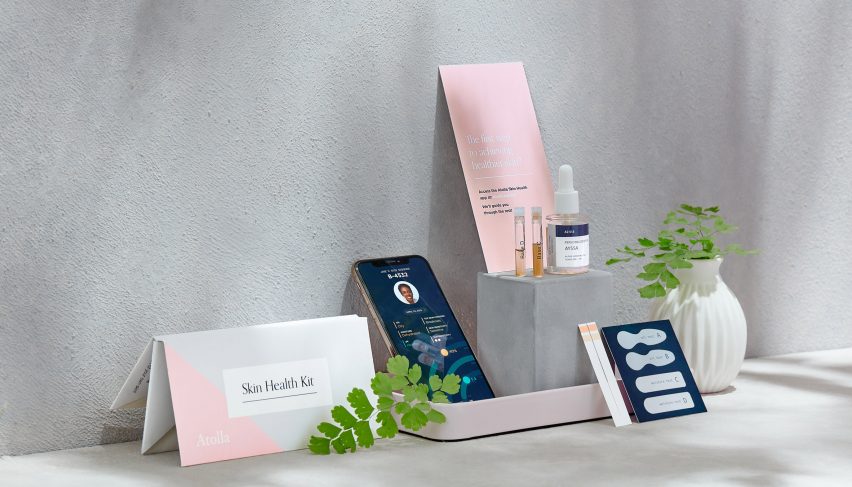
She teamed up with data scientist Sid Salvi, who was doing his MBA at MIT Sloan at the time, and dermatologist Ranella Hirsch to co-found Atolla in 2017.
They went to develop the idea at the MIT Delta V summer accelerator in New York City and launch a successfully funded Kickstarter campaign the following year. The company is now up and running, and sending out its unique skin health kits in the USA.
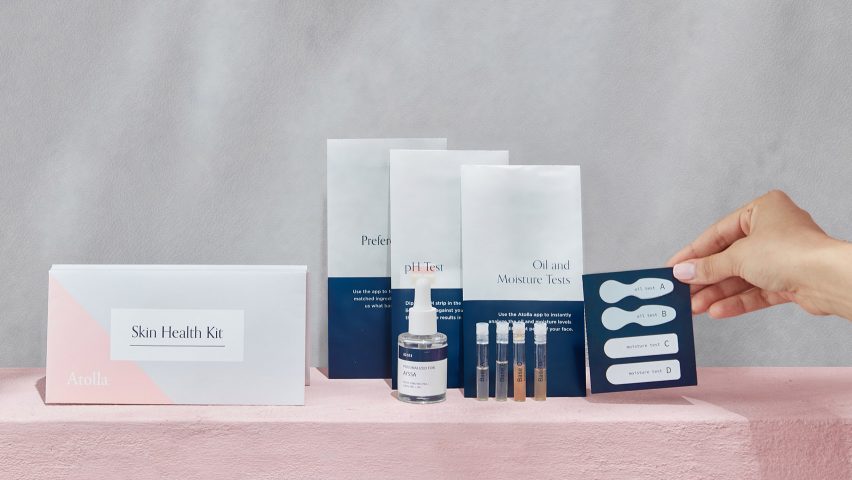
The kits come with four different kinds of strips to test the pH, oil and moisture levels on the user's face. There are also vials of liquid for them to test how well different formulas absorb into their skin.
Customers don't need to send their results back through the post; rather, they scan the used strips with their phone and the Atolla app processes the findings. It also asks them to input details about their lifestyle and environment, which is all fodder for Atolla's algorithms.
These algorithms leverage insights from not just the customer's own skin history but from other users with similar issues to determine what solutions are likely to work best. Atolla has a whole "efficacy database".
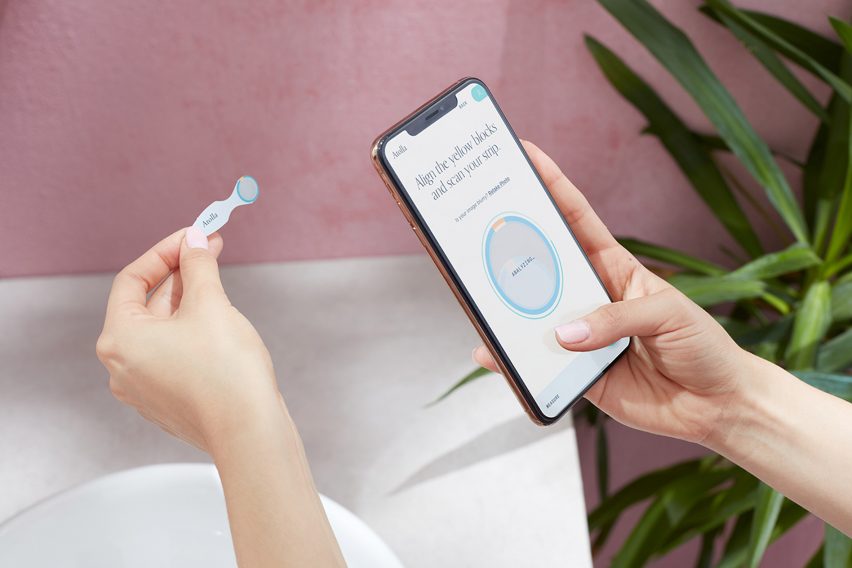
"The Atolla model is built on giving and getting data and feedback from our users," said Salvi, who is chief operations officer. "This includes uniquely combining key measurements of skin's health with an extended dermatological history and product preferences to make the most efficacious product that someone loves to use."
The company likens the process to how the brightness of your phone screen auto-adjusts based on the conditions around it.
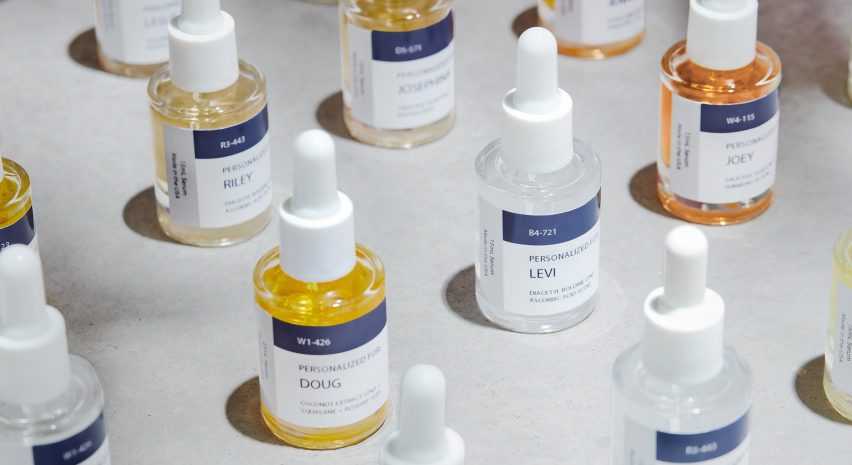
Users re-test their skin and update any lifestyle changes through the app in time to receive a fresh batch of recalibrated serum monthly.
The product is aimed at all genders, with both women and men featured in the marketing materials.
The skincare market is currently booming, with beauty influencers and online forums shaping a trend towards science-led but often complicated routines.
Atolla is not far from an AI-powered skincare concept dreamt up by design agency Seymourpowell just last year called Identité. It proposed a world where users were sent monthly skincare and makeup packets based on their lifestyle data.